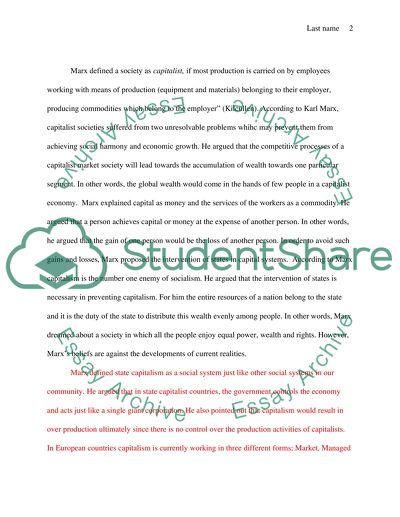Cite this document
(“State capitalism Essay Example | Topics and Well Written Essays - 3250 words”, n.d.)
Retrieved from https://studentshare.org/environmental-studies/1413832-state-capitalism
Retrieved from https://studentshare.org/environmental-studies/1413832-state-capitalism
(State Capitalism Essay Example | Topics and Well Written Essays - 3250 Words)
https://studentshare.org/environmental-studies/1413832-state-capitalism.
https://studentshare.org/environmental-studies/1413832-state-capitalism.
“State Capitalism Essay Example | Topics and Well Written Essays - 3250 Words”, n.d. https://studentshare.org/environmental-studies/1413832-state-capitalism.


